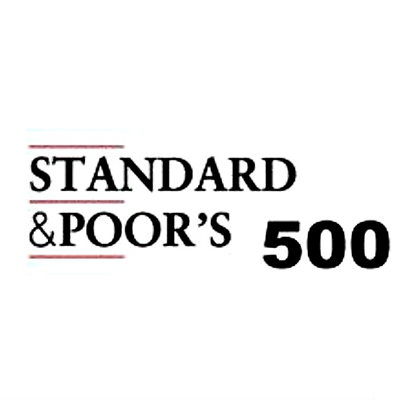On a crisp morning at 9:45 AM, investors and financial analysts eagerly awaited the release of the Purchasing Managers’ Index (PMI) – a key economic indicator that provides insights into the health of a country’s manufacturing sector. The PMI announcement is a significant event in the financial world, capable of influencing market sentiment and steering investment decisions. In this article, we will delve into the details of today’s PMI announcement, explore its implications for the market, and assess the potential ripple effects on various sectors.
Understanding the PMI
The Purchasing Managers’ Index is a leading economic indicator that gauges the performance of the manufacturing sector within a country. It is based on surveys conducted with purchasing managers from a diverse range of industries, asking them about their expectations and experiences regarding factors such as production, new orders, employment, and supplier deliveries. The PMI is expressed as a numerical value, with a reading above 50 indicating expansion in the manufacturing sector and a reading below 50 indicating contraction.
Today’s Announcement
As the clock struck 9:45 AM, the PMI figures for the current month were released to the public. Analysts had been closely monitoring leading indicators and economic data leading up to this moment, trying to anticipate the direction the PMI would take. The announcement detailed the current state of manufacturing activity, shedding light on whether the sector was expanding, contracting, or maintaining stability.
Market Expectations
Leading up to the PMI announcement, market expectations played a crucial role in shaping investor sentiment. Analysts and economists had been publishing forecasts and predictions based on various economic factors, such as recent employment data, inflation rates, and global economic conditions. If the actual PMI figures aligned with or surpassed these expectations, it could lead to positive market reactions. On the other hand, a significant deviation from forecasts might trigger uncertainty and potentially impact market stability.
Impact on Currency Markets
One of the immediate reactions to the PMI announcement is often observed in currency markets. A robust PMI figure typically strengthens the national currency as it signals economic growth and stability. Investors view a thriving manufacturing sector as a positive sign for the overall economy, leading them to favor the currency of the country in question. Conversely, a weaker-than-expected PMI can lead to a depreciation of the currency, as it suggests economic challenges that may prompt investors to seek alternative assets.
Stock Market Response
Equity markets are highly sensitive to economic indicators, and the PMI is no exception. A higher-than-expected PMI reading can boost investor confidence, leading to a positive impact on stock prices. Industries closely tied to manufacturing, such as technology, industrials, and materials, may experience a surge in share prices. Conversely, a lower-than-expected PMI could lead to a sell-off, particularly in sectors reliant on a robust manufacturing sector.
Bonds and Interest Rates
The bond market is another arena where the PMI announcement can exert its influence. A strong PMI figure may raise concerns about inflation, prompting bond yields to rise as investors demand higher returns to compensate for the perceived increase in economic risks. On the other hand, a weak PMI could lead to lower bond yields as investors seek the safety of fixed-income securities in a potentially challenging economic environment.
Commodity Markets
Commodities, especially those closely linked to manufacturing, are also sensitive to PMI fluctuations. A thriving manufacturing sector often translates to increased demand for raw materials and energy resources. Consequently, commodities such as metals, oil, and agricultural products may experience price hikes following a positive PMI announcement. Conversely, a weak PMI may lead to a decline in commodity prices due to reduced demand expectations.
Global Implications
In an interconnected world, the impact of a single country’s PMI announcement can reverberate globally. International investors, multinational corporations, and global supply chains all feel the effects of changes in manufacturing activity. A strong PMI in a major economic player can bolster confidence in the global economy, while a weak PMI may raise concerns about a potential economic slowdown with widespread repercussions.
Conclusion
The 9:45 AM PMI announcement is a critical moment for financial markets, providing a snapshot of the manufacturing sector’s health and influencing investor decisions across various asset classes. Today’s release carried the potential to sway currency values, stock prices, bond yields, and commodity markets. As investors digest the information, the market’s immediate and future reactions will unfold, shaping the trajectory of financial markets in the days and weeks to come. The PMI announcement is a reminder of the intricate web connecting economic indicators, market sentiment, and investment strategies in our globally intertwined financial landscape.













